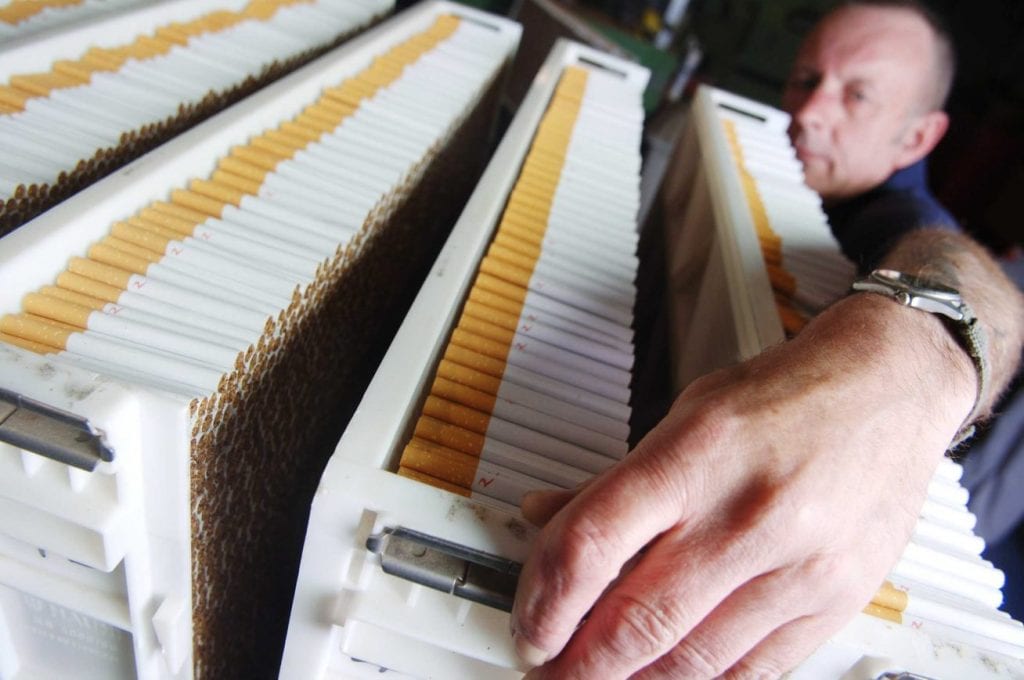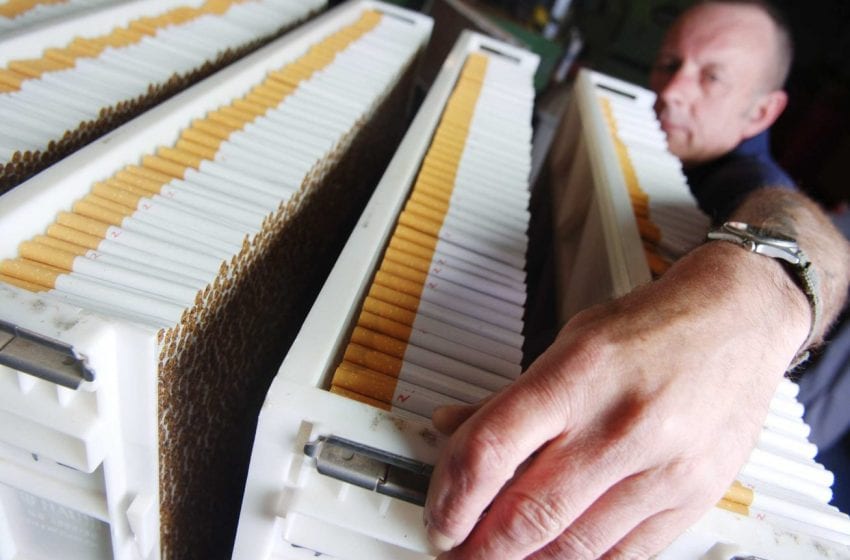
The U.S. election will likely be a net negative for tobacco companies with exposure to the U.S. market regardless of the outcome, according to Goldman Sachs.
The investment bank recently took an in-depth look at the key tobacco policy issues potentially at stake, including greater excise taxes, flavor bans, a federal nicotine cap on cigarettes and possibly a push for raising the minimum tobacco purchasing age to 25.
Goldman Sachs says the highest likelihood is for greater excise tax increases, regardless of the election outcome, given the severity of government budget shortfalls in the wake of Covid-19.
The bank also expects more states and local jurisdictions to pursue flavor bans for tobacco and nicotine products, following such actions in five states and the negative public sentiment since the youth e-cigarette crisis of 2018-2019.
At the same time, Goldman Sachs predicts a multi-year and uncertain path for a potential cigarette menthol ban or nicotine cap due to the complexity of the U.S. Food and Drug Administration’s rulemaking process, the risk of significant unintended consequences and prolonged litigation.
Inaction on menthol would be most beneficial to British American Tobacco, which has the greatest exposure to menthol cigarettes in the U.S. among the major tobacco companies.
Altria Group is most at risk from the likely tax increase scenario, considering its market share leadership in combustible cigarettes, according to Goldman Sachs.
For the industry overall, social distance and remote working practices have resulted in more tobacco and nicotine use. Nonetheless, Goldman Sachs expects cigarette volume declines to re-accelerate toward historical declines in 2021.












